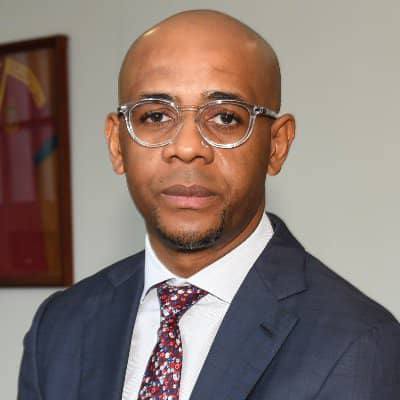The government of Equatorial Guinea has restricted its citizens, preventing them from downloading or sharing multimedia files via WhatsApp when using mobile data. This decision follows government guidelines urging telecommunications operators to curb access to inappropriate content on social media.
This move comes after a high-profile scandal involving Baltasar Engonga, Director General of the National Financial Investigation Agency, who is implicated in a sex scandal with several prominent women. Engonga, a 54-year-old economist, was under investigation for fraud when ANIF officials conducted a surprise search of his home and office. During the raid, authorities discovered over 400 video recordings on CDs allegedly showing Engonga’s encounters with multiple married women, including high-profile individuals such as his brother’s wife, his cousin, the sister of the President, the wife of the Director General of Police, and spouses of about 20 ministers.
These videos, reportedly recorded with consent, have since been leaked, sparking widespread media attention and public backlash.
On Tuesday, local news outlet Ahora EG reported widespread frustration among Equatorial Guinea’s citizens, who now struggle to share photos, videos, and audio files using mobile data on WhatsApp, forcing them to rely exclusively on WiFi connections. One source interviewed by Ahora EG voiced frustration, stating, “Should an entire country pay for the actions of a few? The likely decision to restrict access to essential communication functions seems disproportionate and punitive, affecting thousands of users of these platforms who, in addition to serving them for entertainment, also use them for their work and/or educational activities.
“In a world where digitalization is becoming more and more important, should we shut down our platforms and paralyze our activities due to the actions of a few? Currently, users are forced to rely exclusively on WiFi connections, which not only limits their ability to communicate but also interferes with their daily activities.
“This situation has generated a heated debate among the population, where many believe that the measure seems to be more focused on controlling than facilitating communication.“
As digital connectivity becomes increasingly essential, many citizens view the restriction as punitive and controlling, rather than protective. Another user questioned, “Is it really fair that everyone should suffer the consequences of the actions of a few? The authorities have not yet provided any explanation for the reasons behind this restriction, as well as the duration of the same. At a time when information and communication are more vital than ever, the lack of transparency only aggravates citizens’ concerns.”
In a related development, Vice President Teddy Nguema recently announced plans to install surveillance cameras in all government offices, part of a broader campaign to enforce public service ethics and crack down on misconduct among officials. This sweeping measure reflects the administration’s ongoing efforts to restore integrity amid growing public scrutiny.

























